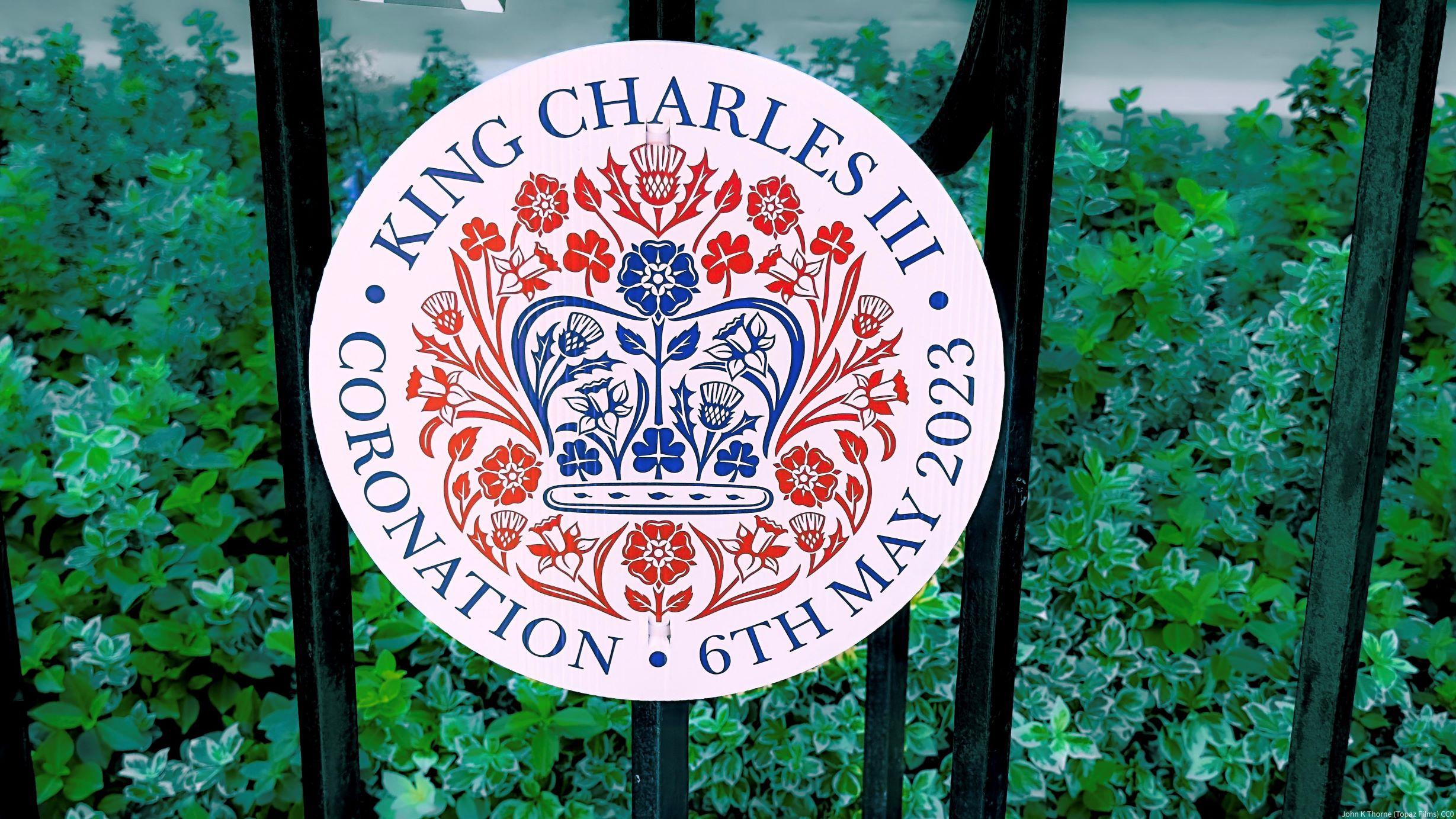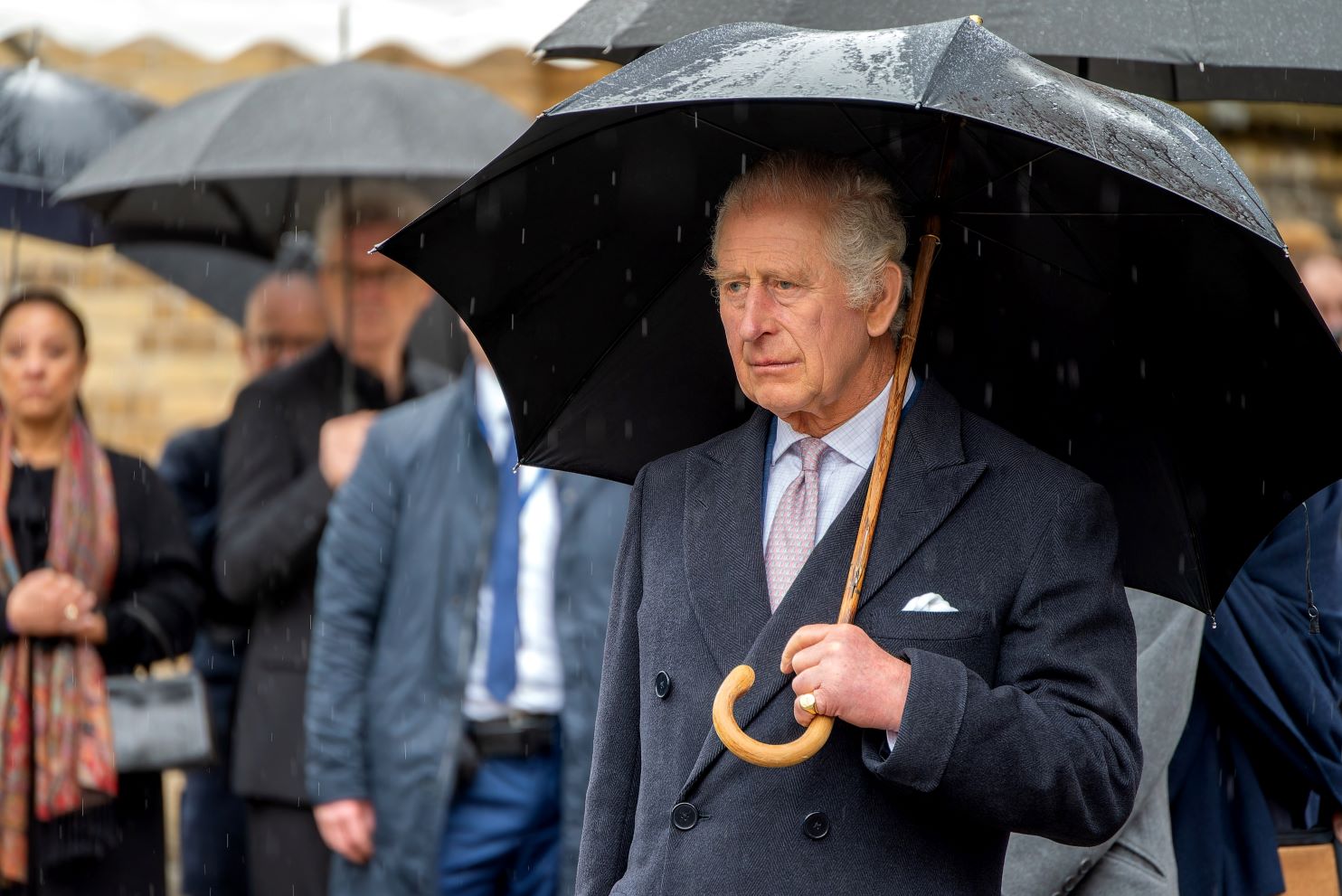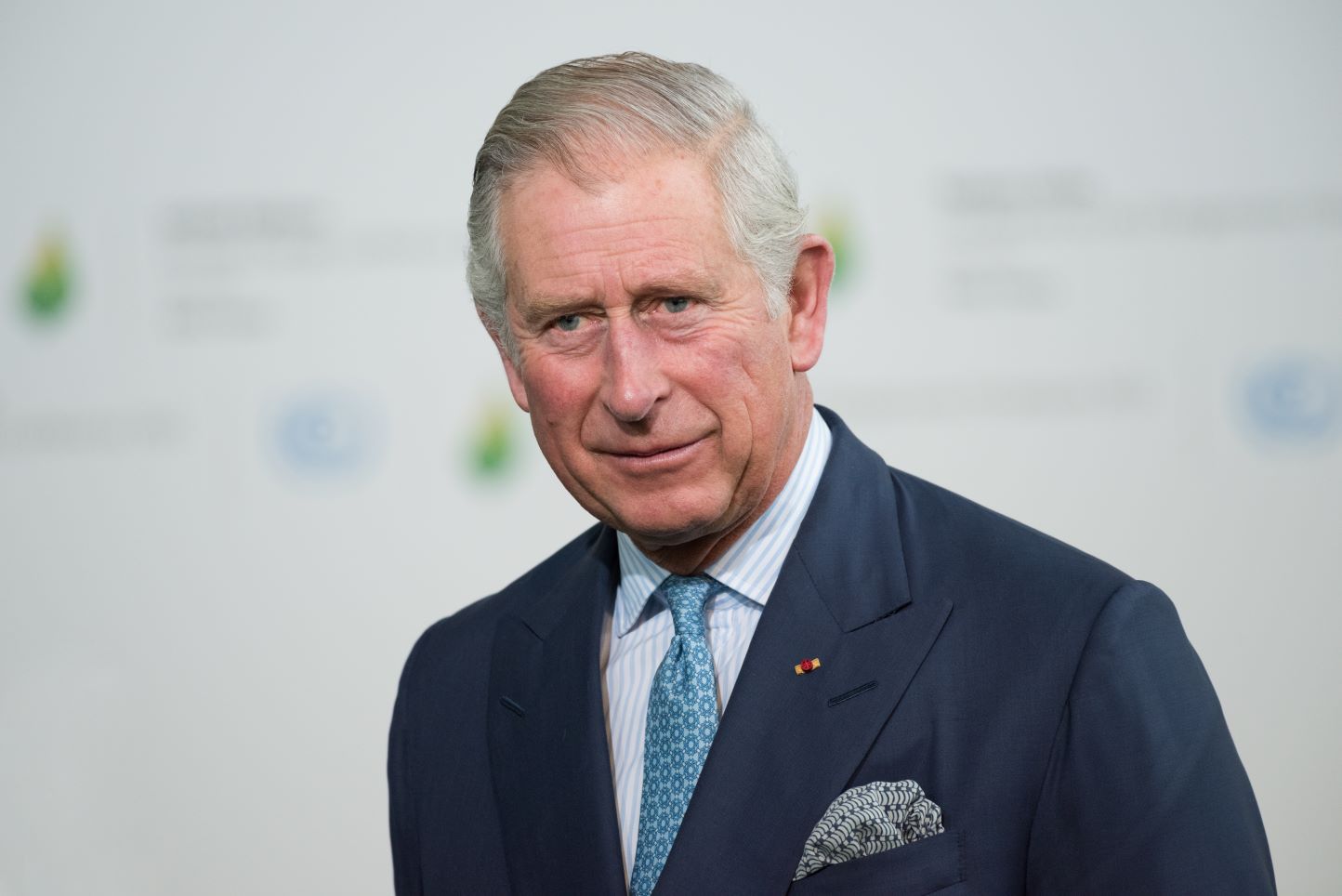Jonathan Chaplin explains why he believes a civil investiture of the next monarch would better express core British political values and sets out how such a ceremony might look.
We may, perhaps, have just witnessed the last religious coronation – perhaps the last coronation – in the United Kingdom. Is it possible that, by the time the next one is on the horizon, national sentiment might have rallied behind an alternative? That will depend in part on the public and the political classes being presented with an attractive alternative that succeeds in retaining those elements of a coronation they have valued, while supplementing it with new features they think better realises its aims.
Current evidence seems inconclusive on the direction of public opinion. On the one hand, a YouGov poll conducted in April revealed that 56 per cent of Britons had little or no interest in the coronation. That might be read as implying weak support for its religious dimension. Such an implication might seem consistent with the continuing steep decline in Christian belief and practice and the sharp rise of the “nones” (those not belonging to any religion, making up 52 per cent in 2018).
Is it possible that, by the time the next coronation is on the horizon, national sentiment might have rallied behind an alternative?
On the other hand, and perhaps surprisingly in a society so secularised, there is as yet no evidence of significant popular disquiet with a religious coronation. A survey conducted by Theos in 2015 reported that 57 per cent of Britons thought the coronation should continue to be Christian, compared to 19 per cent who thought it should be multifaith and 23 per cent who thought it should be secular. Three-quarters, then, thought it should have some religious character.
However, the significance of polls that record public preferences among a set of finite alternatives depends critically on what respondents understand by those alternatives and whether they are aware of others. For example, what did those who opted for or against a “secular” event assume it would look like?
Equally, it seems unlikely that most of the 57 per cent supporting “a Christian coronation” were endorsing (or were even aware of) the highly distinctive theology of the divine accountability of government that the Church of England’s official commentary on the liturgy made clear was central to it, and that several Christian commentators applauded (here and here, for example). Just as likely, they were expressing the intuition that the coronation should maintain longstanding British traditions with which the established Church of England has been symbolically associated.
Imagining a civil ceremony
I want to sketch an alternative ceremony for the investiture of a British monarch and then suggest why it could be well placed to win wide support.
Instead of the investiture taking place in the context of a Christian liturgy, it would be a civil ceremony occurring in a historically and constitutionally evocative setting such as Westminster Hall, at the heart of the parliamentary estate (and where, incidentally, coronation banquets were held until 1821). It would be presided over by the President of the Supreme Court, signifying the monarch’s dependence on the larger constitutional order. The Speaker of the House of Commons and the Lord Speaker, among others, could play prominent roles. Party politicians would be present, but mostly passive observers.
The content of the ceremony could be shaped by a broad-based consultative process including an expert commission of constitutional lawyers, political philosophers, religious leaders and representatives of civil society. Their findings would be tested against the outcome of citizen’s assemblies taking place in all the regions and nations of the UK. The final text would be approved by Parliament, and perhaps by the people in a referendum.
That text would enunciate the basic political values at the foundation of the British state. These could include commitments to the rule of law, representative and participatory democracy, the separation of powers, devolution, racial, ethnic, linguistic and religious inclusiveness, global peace, and so on. The new monarch would pledge, on behalf of all political officeholders, to uphold these commitments, flanked by those in government and parliament with the actual power to deliver the pledge.
The event could amount to a morally rich rearticulation of the core values of the British political community, serve as a powerful booster for citizens’ sense of identification with it, and provide a rare national moment of citizen education. It might be enhanced by whatever suitable symbolism, music and pageantry were deemed desirable – heralds and trumpets included. It could coincide with local events across the nation celebrating and enacting the designated values.
Such an event would have the potential to capture three core aspirations deeply embedded in British political culture:
Respect for religious diversity
Theologian James Walters has rightly argued that a more fully multifaith coronation than the one we had, would, ironically, have been less respectful of the integrity of different religions than the Christian one was:
“Other faiths are not exotic variations on the Christian model. They have their own worldviews, their own ideas of the sacred, and their own theologies of governance and monarchy, which should not be appropriated and shoehorned into an ancient ceremony as a tokenistic form of inclusion… [An interfaith liturgy would have required] participation on the basis of conformity to post-Christian and secular norms which we assumed all faiths shared without really attending to their depth and diversity.”
There is the additional factor that to allow acts of non-Christian worship in the consecrated space of an Anglican church would have breached the Church of England’s canon law. That consideration alone meant that representatives of other faiths, while commendably included in the service, were, as Walters concedes, “spectators,” “kept at arm’s length.”
Civic equality
Such a consequence, however, seems to frustrate a second core British political value, civic equality. This is the value championed by multicultural theorist Varun Uberoi, who welcomes the religiously inclusive elements of the coronation as an important step towards greater equality for Britain’s minority religious and ethnic communities. He commends such a step as offering “additional but not equivalent” standing for such communities, thus avoiding any displacement of the legitimate priority of the British (white Christian) cultural majority.
A civic investiture along the lines I have suggested, however, would allow for substantially greater expressions of civic equality than this yet without displacing the cultural majority. Representatives of all faith communities, and of other communities of belief such as secular humanists, need not be mere “spectators” but could be offered deeper participation in the event, at no risk of compromising the integrity of anyone’s deepest convictions or identity. Rather than leaving their deepest religious or secularist commitments at the door, they could be invited to make contributions to the event explicitly based on those commitments.
Fuller civic equality could also be accorded to other manifestations of diversity such as race, ethnicity, gender, region and nationality, professional and charitable vocation, artistic genre, and so forth.
Honouring tradition
Such an event could also better affirm a third core British political value, the honouring of tradition. The Christian coronation we just had could only truly affirm one vein of British tradition, however historically deep and formative. It could not honour those flowing from the Enlightenment, for example, with which many Britons identify deeply. By contrast, a civil investiture not constituted as a religious service would have greater freedom to embrace a much broader range of the British nation’s – indeed of its four constituent nations’ – cherished historical traditions.
A civil investiture could thus consolidate, refine and rearticulate core British political values. Without lapsing into US-style civil religion, where the nation becomes an object of quasi-religious devotion, it would amount to an act of “covenant renewal” of the limited but load-bearing norms underlying the British political community.
Such an event would be more inclusive of a very diverse British citizenry than either a Christian coronation, a multifaith coronation, or a wholly secularised event from which all religion had been stripped. Since the investiture of a head of state is an occasion held in the name of all citizens, and at a time when political loyalties are becoming threadbare and fractured, that seems an important gain.
All articles posted on this blog give the views of the author(s), and not the position of LSE British Politics and Policy, nor of the London School of Economics and Political Science.
Image credit: photo by Annie Spratt via Unsplash.






